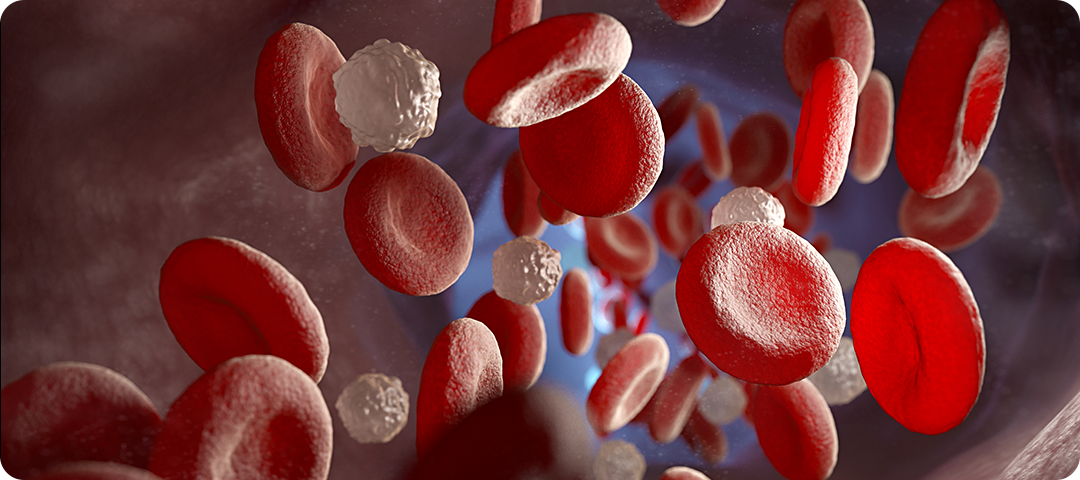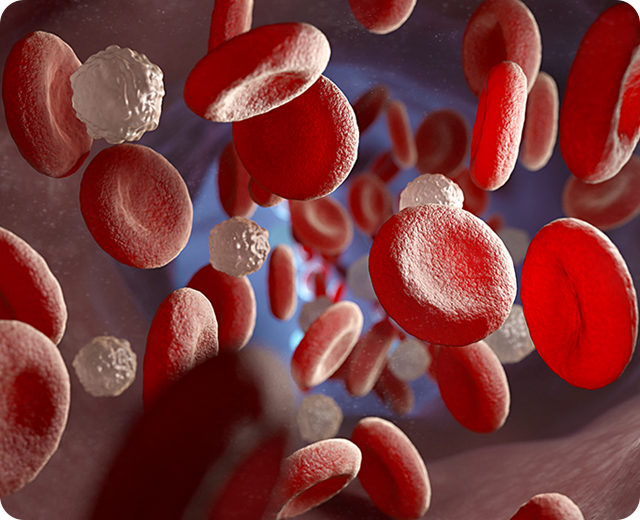
Metabolic syndrome
It is a typical lifestyle disease with three or more of the following:
abdominal obesity, high blood pressure, hypertriglyceridemia, high glucose, and low good cholesterol.
What is metabolic syndrome?
Metabolic syndrome is diagnosed when 3 or more of the 5 items including waist circumference, blood pressure, glucose, neutral fat, and cholesterol are deviant. Most metabolic syndrome has no symptoms, but if left untreated, it can cause stroke, cancer, arteriosclerosis, and increase the risk of cardiovascular disease, so you must actively improve your lifestyle habits.
Therefore, if you have metabolic syndrome, each component is more important.


What causes metabolic syndrome?
The cause of metabolic syndrome is not yet fully known, but insulin resistance is generally assumed to be the root cause. Insulin resistance refers to a condition in which insulin produced in the pancreas does not function properly in our body. It is caused by incorrect lifestyle habits such as obesity, overeating, stress, and lack of exercise.
-
Metabolic
syndrome- Abdominal obesity
- High blood pressure, glucose
- High neutral fat
- Low good cholesterol
-
Disease
- Visceral obesity
- High blood pressure
- Diabetes
- Hyperlipidemia
-
Complications
- Stroke
- Cardiovascular disease
- Diabetes
complications cancer
What are the diagnostic criteria for metabolic syndrome?
There are various diagnostic criteria, but metabolic syndrome is generally defined as having three or more of the five items below.
-
 Waist circumference Women over 80cm Men over 90cm
Waist circumference Women over 80cm Men over 90cm -
 Blood pressure Above 130/85mmHg
Blood pressure Above 130/85mmHg
People taking high blood pressure medication -
 Glucose Fasting blood sugar more than 11mg/dL
Glucose Fasting blood sugar more than 11mg/dL
People taking diabetes medication -
 Neutral fat More than 150 mg/dL on an empty stomach
Neutral fat More than 150 mg/dL on an empty stomach
People taking medication to treat dyslipidemia -
 Good cholesterol (HDL) Men 40mg/dL or less
Good cholesterol (HDL) Men 40mg/dL or less
Women 50 mg/dL or less
To check if you might have
metabolic syndrome, please enter your
current measurementsfor the following.
How to prevent and treat?
For prevention, it is very important to reduce abdominal obesity. This is because when an obese person loses weight, their insulin resistance improves, improving the risk of hyperglycemia and blood lipid status, and also improving the function of vascular endothelial cells.
There is no choice but to treat each factor of metabolic syndrome, and the ultimate goal is to prevent cardiovascular disease and type 2 diabetes.
There are non-pharmacological treatments (diet, exercise), drug treatment, and surgical treatment.Dietary therapy for weight loss affects all elements of metabolic syndrome, and it is advisable to reduce saturated fat, increase unsaturated fat, increase intake of complex sugars, and limit salt.Exercise therapy reduces insulin resistance and improves hyperlipidemia and high blood pressure.
Pharmacological therapy prescribes medications for obesity, insulin resistance, hyperglycemia, hyperlipidemia, hypertension, anticoagulation, and anti-inflammation.Surgical therapy is bariatric surgery and is performed to improve various diseases related to obesity, such as diabetes, high blood pressure, non-alcoholic fatty liver disease, obstructive sleep apnea, arthritis, PCOS, hyperlipidemia, hyperuricemia, and infertility.
Source: Myongji Hospital

